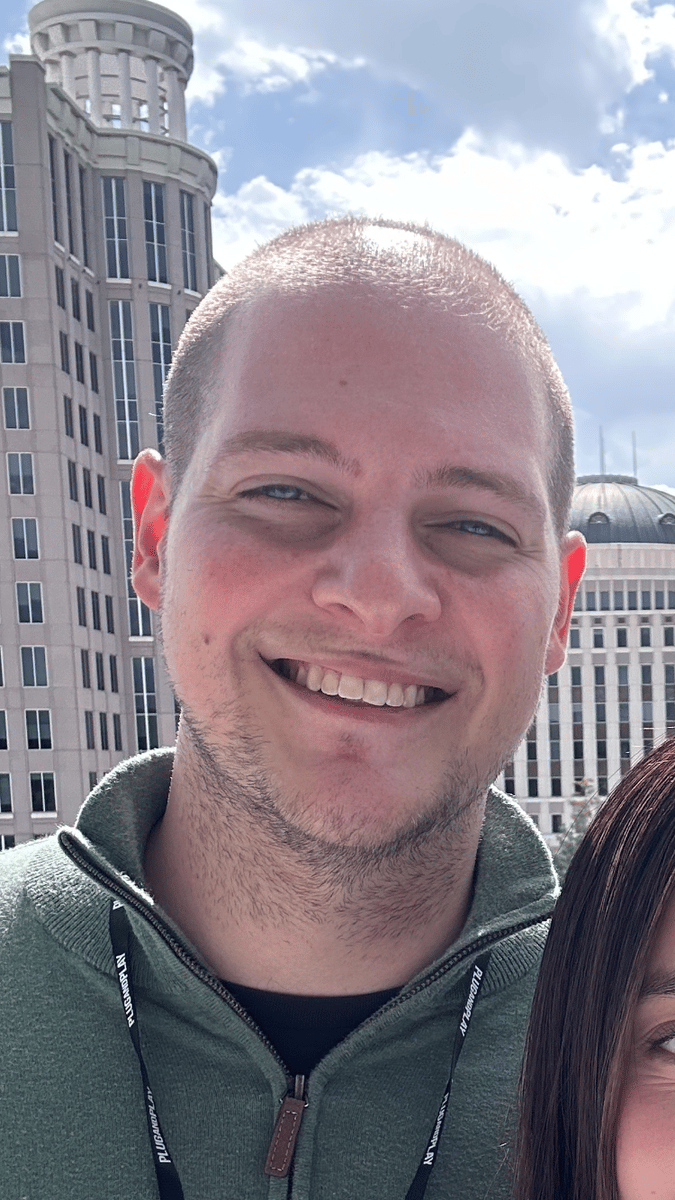Table of Contents
🧠 Weekly Signal
Neurotechnology News | July 19 – July 25, 2025
Let’s cut through the noise this week.
This week in neurotechnology, we saw credible forward motion across the field. A new ALS trial received international regulatory backing, non-invasive brain stimulation improved memory in older adults, and Neuralink announced plans for global trials and commercial scaling. At the same time, U.S. states are laying the groundwork for brain-data privacy legislation. The pace is measured—but the trajectory is clear.
🧠 SCIENCE & CLINICAL TRIALS
🟢 Masitinib ALS Trial Receives European Approvals
Published: July 24, 2025
Read more ➡ ALS News Today / AB Science Press Release
AB Science received approval from regulators in Spain, Greece, and Slovenia to begin a confirmatory Phase 3 trial of masitinib combined with riluzole in ALS patients. The study will include 408 participants and aims to validate earlier findings of slowed progression and improved survival.
💡 Big Picture: A new disease-modifying option for ALS may be on the horizon—with regulatory support catching up.
🟢 AI Neuro-Decoder Translates Brain Signals into Speech
Published: July 24, 2025
Read more ➡ BioRxiv Preprint
Meta AI and UCSF introduced a non-invasive brain-computer interface that uses EEG and deep learning to translate brain signals into full sentences with 82% real-time accuracy. The system could help people with locked-in syndrome or advanced ALS regain communication.
💡 Big Picture: This is a practical step toward scalable, speech-restoring BCIs—without brain surgery.
🟢 Vagus Nerve Stimulation Enhances Memory in Older Adults
Published: July 22, 2025
Read more ➡ Nature Scientific Reports
A randomized cross-over trial found that transcutaneous auricular vagus nerve stimulation (taVNS) improved verbal and visuospatial working memory in older adults with hearing loss. Participants showed faster response times and greater accuracy after stimulation.
💡 Big Picture: Non-invasive neuromodulation may become a viable way to support cognitive aging without drugs.
🟢 PoNS Device Shows Positive Stroke Rehab Results
Published: July 21, 2025
Read more ➡ NeurologyLive / Helius Press Release
Helius Medical reported successful results from a registrational trial of its PoNS device, which delivers tongue-based neurostimulation. Stroke survivors in the trial saw statistically significant improvements in balance and gait, prompting a planned submission to the FDA.
💡 Big Picture: A novel, portable neurostimulation therapy may soon support stroke rehab outside the clinic.
💼 INDUSTRY & STARTUPS
🟢 Neuralink Eyes $1B Revenue and 20K Implants by 2031
Published: July 23, 2025
Sources: American Bazaar / Reuters
Neuralink’s internal roadmap outlines plans for 20,000 annual BCI implants and $1 billion in revenue by 2031. It includes device variants like Telepathy (motor control), Blindsight (vision), and Deep (psychiatric therapy) with regulatory approvals projected by 2029.
💡 Big Picture: Neuralink is betting on scaled BCI deployments across medical and elective markets—but timelines remain long.
🏛️ POLICY & ETHICS
🟢 U.S. States Enact Brain-Data Privacy Laws
Published: July 23, 2025
Sources: KFF Health News / Arnold & Porter Advisory
Colorado, California, and Montana have passed laws classifying brain-derived data as sensitive, requiring explicit consent for its collection, use, or sale. Colorado’s version is the strictest, while watchdog groups found that many consumer neurotech products still share neural data with third parties.
💡 Big Picture: These early laws are setting the stage for mental privacy as a new frontier in digital rights.
🎯 Community Challenge
Ready to take neurotech to the next level? Share your insights, projects, ideas, our upcoming list of NeuroHacks, or your own groundbreaking work—and watch the inspiration ripple across the community!
How to Participate
Follow HackTheNeuron
Create a Post
Show us what you’re working on—DIY projects, research breakthroughs, or even your latest neurotech musings.Use #Neurotech
This helps your ideas reach fellow enthusiasts and potential collaborators.Mention @HackTheNeuron
Tag us directly in your post so we never miss your entry—and we’ll amplify your work across our entire NeuroCircuit community!
Why Join?
Boost Your Reach: Tap into a niche but fast-growing community for extra visibility.
Build Your Network: Connect with researchers, developers, and curious tinkerers who share your passion.
Shape Neurotech’s Future: Your project or insight could spark the next big breakthrough—or inspire someone else’s.
We can’t wait to see your creativity in action! Fire up X, LinkedIn, Facebook, Instagram, or TikTok, and spread the word. Let’s spark innovation together!
🚀Recruit More Neurohackers
Your referrals are the engine that drives our community forward. Share your unique referral link with friends, colleagues, or fellow neurotech enthusiasts—and watch us grow together!
Spread the Word: Copy your personal referral link and post it on social, forums, or in emails.
Unlock Exclusive Perks: Every friend who subscribes through your link brings you closer to special rewards—insider insights, private Discord access, early project previews, and more.
Be the Catalyst: The more you share, the stronger our network becomes. Help us build the ultimate neurotech hub—one referral at a time!
✍️Help Us Improve
Your input is what will make The NeuroCircuit and Hack The Neuron better. Let us know what you’d like more of—and what we can do differently.
Share Your Ideas: Tell us which topics, features, or formats you’d love to see next.
Spot the Gaps: Let us know if anything’s missing or unclear in our content and community tools.
Shape the Experience: Whether it’s new challenges, tutorials, or platform features, your suggestions guide our roadmap.

